Social media is filled with headlines praising K-pop fans and idols for allegedly supporting the Black Lives Matter Movement through a black box or a donation.
News of BTS and their fans donating millions of dollars to Black Lives Matter, and a multitude of fandoms flooding the racist hashtag with K-pop fancams, have taken over the media.
But it seems like the black boxes, fancams and praises are forgetting one thing: the origins of K-Pop are rooted in cultural appropriation and ignorance toward black — and your idols probably partook in it.
In simpler terms, K-Pop is a reflection of Korea’s long-standing issues with racism.
“The country doesn’t even have a legal definition of racial discrimination,” said Lee Wan, an activist with the Solidarity for Asian Human Rights and Culture.
According to a survey done by the Women Migrants Human Rights Centre of Korea, nine in 10 Koreans accept that “general racism exists in South Korea”.
The prevalent racism already sets a hostile tone for the black community, and the K-Pop industry is a prime example of it.
When K-pop idols take part in Black culture, it’s seen as a trend while the black community is shunned.
For example, when K-idols wear dreads/box-braids, Korea seems to fawn over the hairstyle and call it “fashionable,” while shaming Black people’s natural hair and labelling it as “dirty.” When K-idols rap to black artists’ music, it’s seen as cool, whereas black people are seen as “thugs.”
So, for a racially homogeneous country that’s statistically been proven to be racist towards the black community, they love when Korean idols make Black culture seem like a fashion statement while disregarding historical density.
In other words, they love black culture, but not black people. They do not appreciate, they appropriate.
Idols such as Mamamoo were in hot water after a video of them doing Blackface at a concert in Seoul surfaced online. Big Bang member G-Dragon, the highest paid idol, posted photos of him in Blackface.
NCT members Chenle, Taeyong and WinWin wore dreadlocks during the “Limitless” promotions. BTS member Namjoon and Mamamoo member Hwasa were also guilty of impersonating black people and saying the n-word for a rap cover.
Not to mention Exo members’ colorist statements, where they insult their fellow members’ darker skin complexion as a “joke.”
These instances of K-idols wearing a hairstyle as a trend, using racial slurs or being insensitive are oftentimes ignored and their actions are usually defended.
Korean fans seem to have no problem when idols take part in black face and cultural appropriation. They excuse idols for saying the n-word and culturally insensitive statements while the music industry they’re in takes heavy influence from Black culture.
“With a large number of U.S. troops stationed in South Korea during the war, jazz superstars including Nat King Cole and Louis Armstrong held performances… Their music created a ‘major buzz among the Korean people,’” according to the Korean Culture and Information Service.
CNN said that according to Chikk, a songwriter who works in the K-Pop industry, what hurts more than seeing K-pop artists being accused of cultural appropriation is the lack of credit that’s being given to songwriters.
“So Korea technically, since the rebuild, was built on complex melodies and during that crucial time of coming together as a country, it was built on black music,” Chikk told CNN. “I remember once hearing years ago that you will never see any artists of color on the Korean charts. That’s what an executive in Korea told me…But when I looked around, everyone was of a different race writing the song. I think that is what hurts and what we’re fighting for. Inclusivity in the acknowledgment of who’s really helping these artists be who they are.”
But Chikk’s experiences aren’t uncommon.
In an industry that’s rampant with racial double standards and blatant ignorance, it comes with no surprise that black artists and songwriters aren’t given a platform, paid their fair share and given credit.
Thus, it’s disappointing that popular K-idols are excused for racially insensitive actions because “they don’t know any better” when K-pop’s biggest hits were written by black producers and the clothes and hairstyles they wear come from black culture. They turned black culture into an aesthetic.
The lack of inclusivity and acknowledgement along with the ignorance is something fans should not brush over. Although recent news seems to show that K-pop fans support the Black Lives Matter Movement, we must hold K-idols accountable for their racist actions and give credit where credit is due.
We must not forget the origins of K-Pop nor should we ignore the systemic racism and double standards the industry perpetuates. As one of the most visible importers and adopters of black music and culture, idols and their record labels need to use their platforms to educate themselves and others.
Black culture is not an aesthetic. Black culture is not something to take on and off. Black culture is not a trend. K-Pop idols must be held accountable.
Tweet at your idols, send them educational links, talk to other fans, and don’t buy their music. We must amplify the Black community’s voices, not silence them. We must be allies.
Donate and sign petitions to support the Black Lives Matter Movement.




